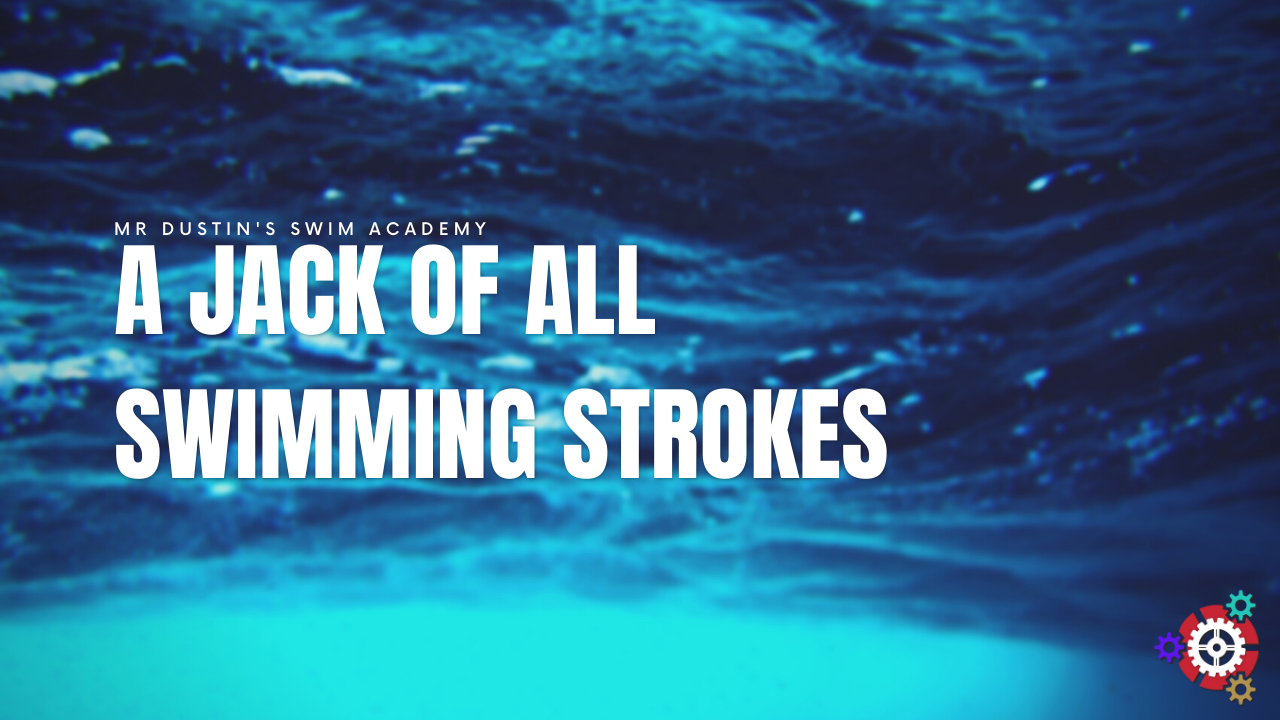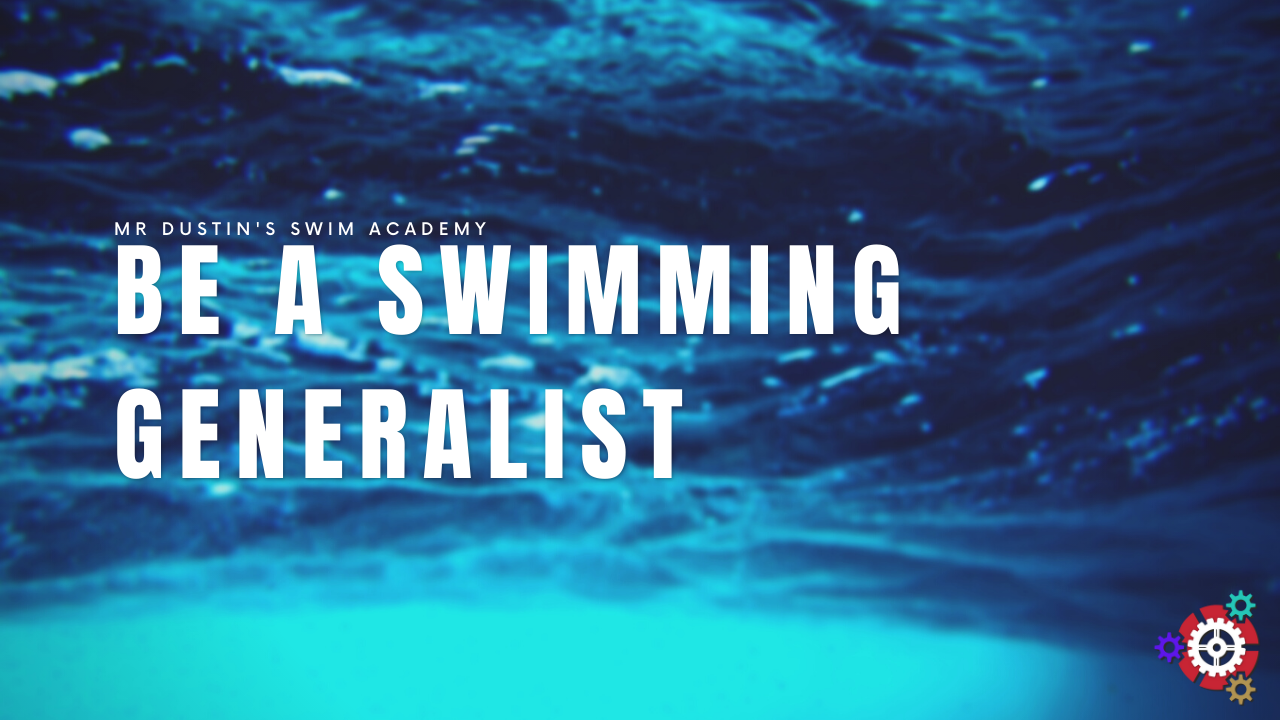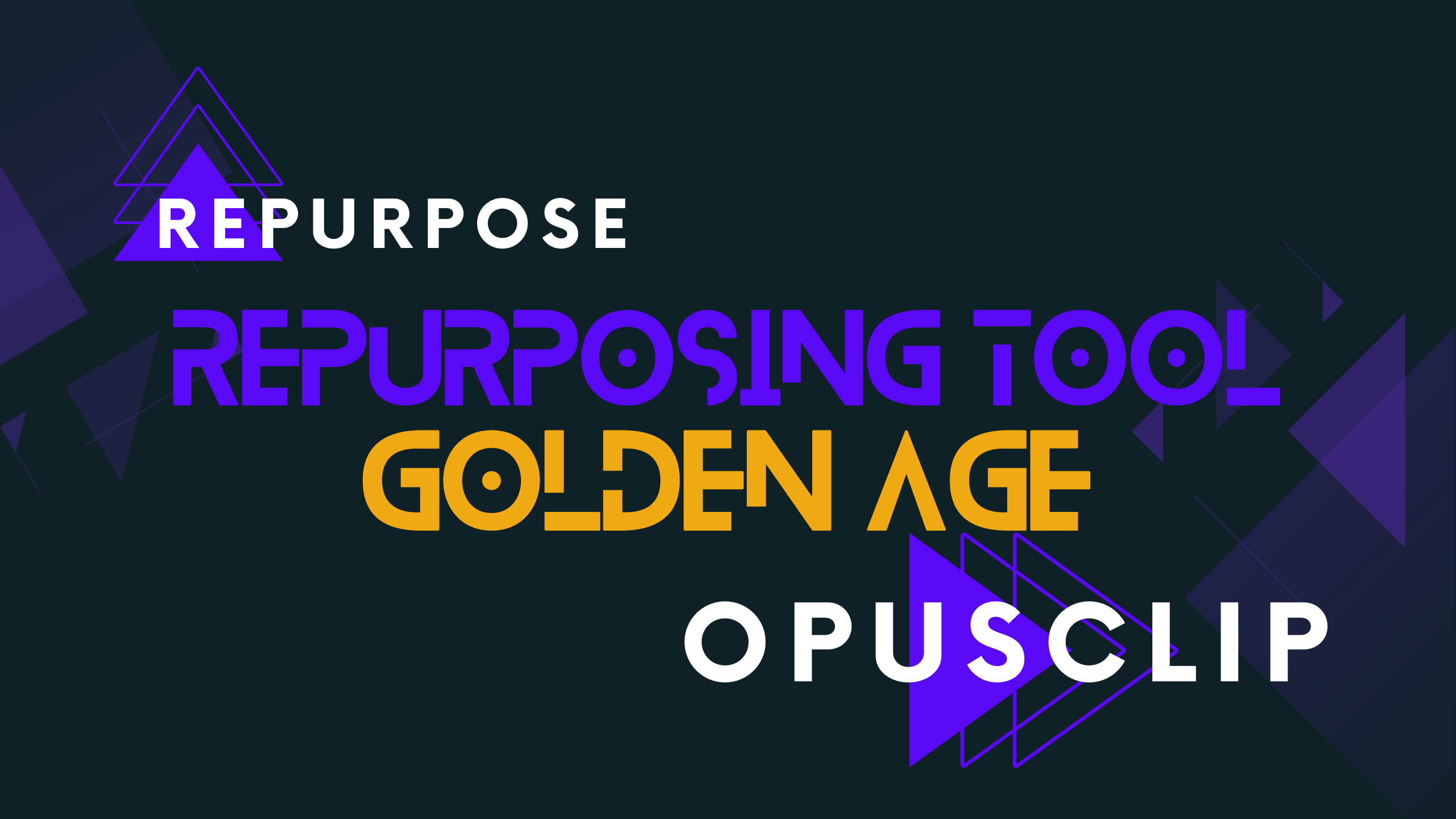When you are learning how to swim, it is important to be more of a generalist.
How does that work then? Maybe you just want to learn ONE swimming stroke, as you don't "care" about the rest.
The thing is you don't have to master butterfly or breaststroke to have it help you with your frontcrawl. Keep reading to find out more!
Why + Philosophy:
This is very similar to my overall polymathic approach to life. Being multidisciplinary and an expert at many fields is a great way to find new discoveries. About the subjects themselves, and about yourself.
This is why I have this philosophy when it comes to swimming as well. When you push yourself with any skill, then you learn something about yourself in the end. This also goes for the smaller sub-skills that you have to learn. I.e. Swimming is the skill, but each stroke is the sub-skill.
How + Physics:
Each stroke, each lesson, they all teach you something different about the pool and being in the water. Frontcrawl teaches you patience, balance, and coordination. Breaststroke teaches you timing, and holding your breath.
Gliding teaches you how to streamline your body, and how that plays into every stroke in some way. I could go on and on.
Each sub-skill enhances your overall understanding of what you are trying to learn. By being a generalist you open up your mind to each of the subskills, and even if you don't care about backstroke or butterfly, etc. You can still learn how to do them to some degree, and take those lessons back to the skills you DO care about.
What + Psychology:
It is a matter of opening up your mind more, and whether or not you have your own bias stopping you from exploring other avenues.
Your mind will stop you far more than you think it will. You may THINK you're Open Minded, but in practice you might (or probably will) stop yourself a lot more often.
Being a generalist is about indulging in the curiosity, and taking a multi-faceted mindset.
This related post might be helpful too!

![Official Website for Dustin Miller PolyInnovator [LLC]](https://polyinnovator.space/content/images/2025/03/polyinnovator-logo-2024.png)












